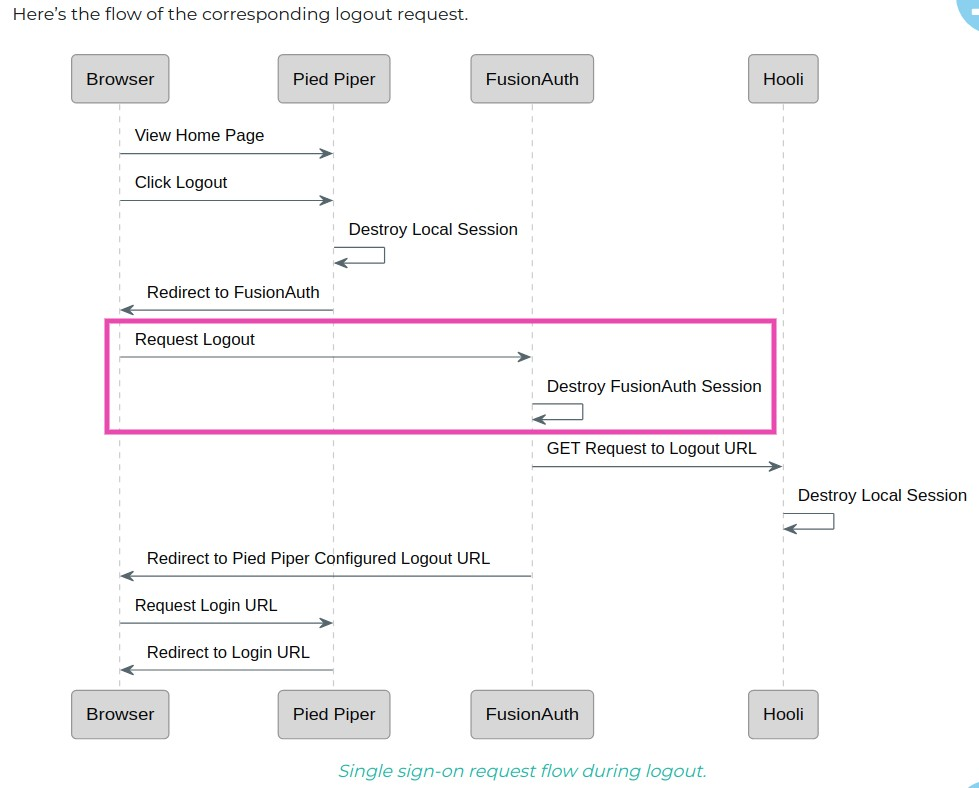Hello, I was wondering if it would be possible for FusionAuth to save a user's registration information after they have logged in via LDAP?
The issue we are currently facing is that our customer's LDAP does not contain any information pertinent to a user's registration, rather, LDAP is used in this scenario for authentication only. As such, the reconcile lambda code does not modify the "registrations" attribute of the user, this field is left blank each time the user logs in via LDAP and the resulting user is created inside of FusionAuth without any registrations.
After the user account has been created inside of FusionAuth, they can be assigned roles using the UI. While these roles are saved inside of FusionAuth, it seems that the next time the user attempts to log in via LDAP, their account inside of FusionAuth gets recreated according to the reconcile lambda, as such, they have no registrations again.
Is it possible to designate the LDAP connector to perform authentication only? Or to mark a user account to not get recreated each time it uses LDAP to sign in?
I do know we can migrate the user to FusionAuth, but this will not address issues if the user's account changes within LDAP. I am also aware that there is currently an open issue to allow for the reconcile lambda to communicate with the API (https://github.com/FusionAuth/fusionauth-issues/issues/267), which would solve this issue entirely. Furthermore, it may be possible to implement our own authentication API using the generic connector, although this approach will take longer to implement.

